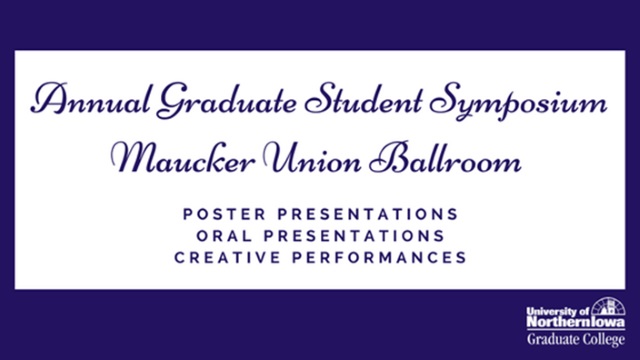
Complete Schedule
Why Click Bait Matters: False Wonder and Awe in the 2016 Presidential Race
Presentation Type
Oral Presentation (Electronic Copy Not Available)
Keywords
Social media--Political aspects; Online journalism--Political aspects;
Abstract
The rapid advancement of new and emerging medias has created a unique intersection in social media, journalism, and news reports. A critical area for research is to analyze how news organizations construct a catchy title to bait their audiences to click on their link. These phrases, commonly referred to as click baits, provide insight into the misappropriation of spaces of wonder. Moreover, click bait signals how a new, commoditized space is being created by popular culture and emerging medias. This phenomenon can be seen in the notable work of scholars Jonas Nygaard Blom and Kenneth Reinecke Hansen, which highlights click bait and the commercialization of news in their seminal work “Click bait: Forward-reference as lure in online news headlines”.
These discourses can be applied to contemporary events, most notably the political discourse during the 2016 US presidential election. Click bait news has changed the political discourse itself through hyperactivity on social media. The Democratic and Republican parties face constant deconstruction and reconstruction but, more significantly, the identities constructed by social media of each party’s presidential nominee provides a glimpse at inauthentic news reporting based in a corrupt economic system. One incident in particular, the reopening of the FBI investigation into Hillary Clinton’s emails, reveal the exploitative nature of click baits as utilized on Facebook. This commoditized space created by emerging medias and popular culture reveal a developing, altered, and misappropriated space of wonder in news and journalism manipulated by companies and unknowingly adopted and inhabited by social media users.
Start Date
4-4-2017 1:00 PM
End Date
4-4-2017 1:30 PM
Faculty Advisor
Anne Myles
Department
Department of Languages and Literatures
Copyright
©2017 Elizabeth Dickhu
Embargo Date
4-4-2017
Why Click Bait Matters: False Wonder and Awe in the 2016 Presidential Race
The rapid advancement of new and emerging medias has created a unique intersection in social media, journalism, and news reports. A critical area for research is to analyze how news organizations construct a catchy title to bait their audiences to click on their link. These phrases, commonly referred to as click baits, provide insight into the misappropriation of spaces of wonder. Moreover, click bait signals how a new, commoditized space is being created by popular culture and emerging medias. This phenomenon can be seen in the notable work of scholars Jonas Nygaard Blom and Kenneth Reinecke Hansen, which highlights click bait and the commercialization of news in their seminal work “Click bait: Forward-reference as lure in online news headlines”.
These discourses can be applied to contemporary events, most notably the political discourse during the 2016 US presidential election. Click bait news has changed the political discourse itself through hyperactivity on social media. The Democratic and Republican parties face constant deconstruction and reconstruction but, more significantly, the identities constructed by social media of each party’s presidential nominee provides a glimpse at inauthentic news reporting based in a corrupt economic system. One incident in particular, the reopening of the FBI investigation into Hillary Clinton’s emails, reveal the exploitative nature of click baits as utilized on Facebook. This commoditized space created by emerging medias and popular culture reveal a developing, altered, and misappropriated space of wonder in news and journalism manipulated by companies and unknowingly adopted and inhabited by social media users.



Comments
Location: Maucker Union State College Room